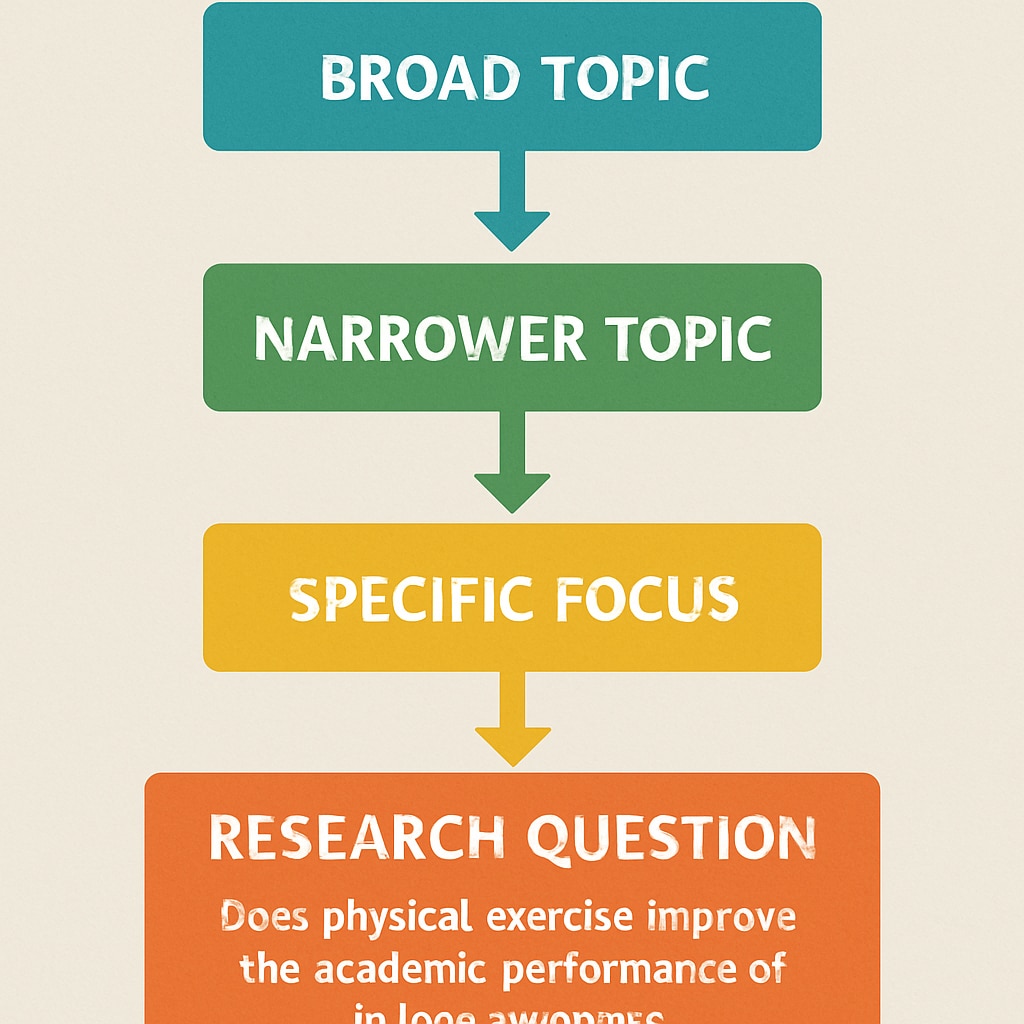Research question formulation assistance is essential for educators and researchers navigating the complex landscape of K12 education studies. Whether investigating classroom dynamics, curriculum effectiveness, or learning technologies, properly structured inquiries form the foundation of meaningful research. This guide presents a proven methodology to transform initial curiosities into focused, researchable questions.
The Importance of Precise Inquiry in Educational Research
Educational research thrives on clearly defined problems. According to Britannica’s education overview, approximately 68% of study limitations stem from poorly formulated initial questions. Effective question development:
- Defines the scope of investigation
- Guides methodology selection
- Determines data collection approaches
- Influences analysis techniques

Five-Step Framework for Developing Study Questions
Our research problem formulation approach adapts the scientific research design process for educational contexts:
- Identify your area of interest: Start broad (e.g., “math education”)
- Conduct preliminary exploration: Review existing literature
- Narrow to specific aspects: Focus on measurable elements
- Formulate draft questions: Create 3-5 potential versions
- Refine through peer feedback: Test clarity with colleagues
Practical Examples: From Vague to Actionable
Consider these transformations using our inquiry development techniques:
| Initial Interest | Refined Question |
|---|---|
| “Students struggle with reading” | “How does phonics instruction frequency impact decoding skills in 3rd-grade ESL students?” |
| “Technology in classrooms” | “What correlation exists between tablet usage duration and science concept retention in middle schoolers?” |

Common Pitfalls and How to Avoid Them
Through our research formulation assistance practice, we’ve identified these frequent errors:
- Overly broad questions: Lacking specific variables
- Biased phrasing: Containing assumptions
- Unresearchable concepts: Addressing moral rather than empirical questions
Remember: Good questions should be answerable through observable evidence within school environments.
Transition tip: Use phrases like “To what extent…” or “Under what conditions…” to maintain objectivity while allowing for nuanced answers.


